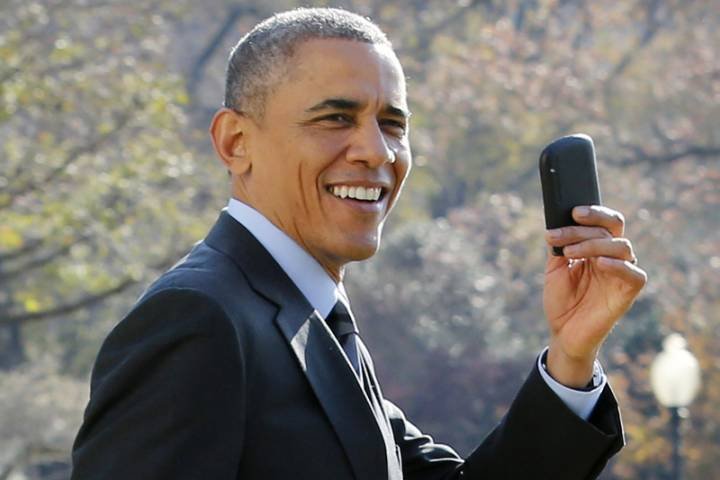U.S. Senate opts for Samsung and Apple over BlackBerry
BlackBerry devices have always been popular among government agencies for the end-to-end security they offer, but now BlackBerry loses a key market with the United States Senate deciding to dump BlackBerry devices.
Marking the end of an era, the U.S. Senate’s Sergeant at Arms (SAA) announced earlier this week that the staff would no longer be able to request new BlackBerry OS 10 devices for official work.
This includes all the devices like the Q10, Z10, Z30, Passport and Classic. Of course, with the BlackBerry Classic being discontinued by the company, it no longer holds any relevance.
In place of BlackBerry, the SAA is offering Samsung Galaxy S6 on Android or the 16GB iPhone SE.
But existing BlackBerry using staff members can continue to use their BlackBerry devices, should they choose to do so. BlackBerry support will be provided in the future.
In fact, they will even be able to get replacement BlackBerry devices, as long as the SAA’s existing stock of 610 mobile devices lasts.
BlackBerry Devices Lose a Key Market

This is a shocking development for BlackBerry, which as a long-standing participant in the industry, has always expressed pride in serving the Federal and Central agencies, State and Local governments and Public Safety departments.
President Obama used a BlackBerry since the moment he took office, and he used it extensively in and outside of the White House, before moving on.
David Cameron, the UK Prime Minister who resigned recently after UK voted to leave the European Union, once said, “Wherever I am in the world, I am always within a few feet of a BlackBerry and an ability to manage things should they need to be managed.”
Thanks to its focus on security, BlackBerry 10 was the only mobility solution to receive the coveted Full Operational Capability (FOC) certification to run on U.S. Department of Defense networks.
Enter Samsung and Apple
While this news comes as a surprise, BlackBerry devices have been less and less of a mainstay in government. The transition to Samsung and Apple has been happening for a few years now.
Back in 2013, the U.S. Department of Defense approved iOS and Samsung KNOX devices to be used for unclassified communications alongside BlackBerry devices.
The Senate memo titled BlackBerry Discontinuation, claims that BlackBerry told AT&T and Verizon that it will soon be ceasing the production of all BB10 devices (the Q10, Z10, Z30, Passport, Classic), so the company cannot guarantee any future orders.
BlackBerry responded by calling the Senate letter “incorrect,” and declined to have ever made any such statements. The company also stated that the Senate staff misunderstood the discontinuation of BlackBerry Classic as the end of all BB10 devices.
BlackBerry also clarified that BB10 will continue to be updated as it supports new Android devices.
Finally…
While Chen may be busy bringing out the three rumored Android devices, he has always continued to stress on the company’s software business as being the main source of revenue.
Perhaps the abandonment of BlackBerry devices by the government might boost demand for its Enterprise Mobility Management (EMM) services , which according to Chen, already control up to 20% of the market.
The general feeling seems to be positive as many feel that this move by the Senate to move away from BlackBerry devices, should not really hurt BlackBerry’s software business in the long run.

